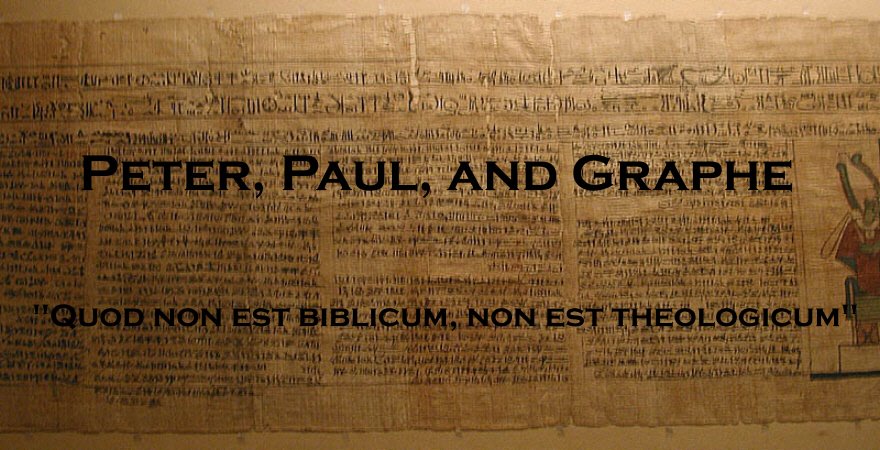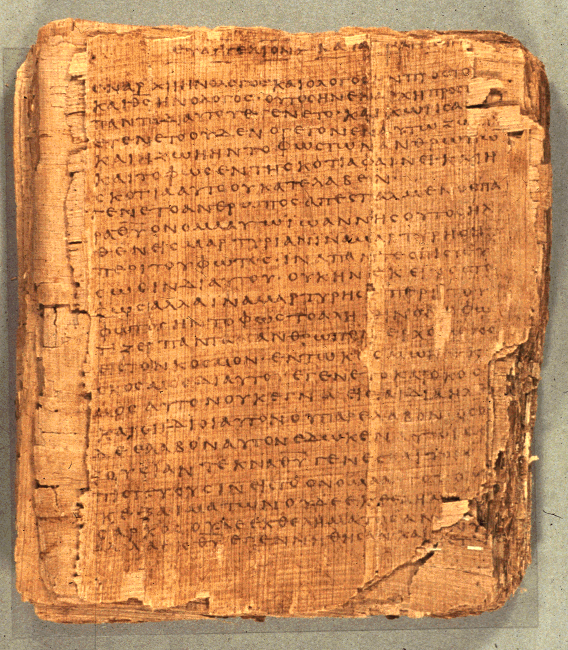Edwardsean Theology, Part 1: The Inclinations of Man
 I must admit that Puritan Theology has never been one of my particularly strong subjects, much less examinations of Edwardsean Theology. In this post, I do not intend to discuss the entirety of Edward’s ministry and theology, but rather begin a discussion on his particular views in Theology. Edward’s has been accused of being an Enlightenment Lockean rationalist, a Newtonian scientific philosopher, a Neoplatonic pantheist, or even a Medieval mystic. Many concede that Edward’s probably relied on philosophical processes a bit to heavily, but I would argue that this did not earn him the label of “an Enlightenment Lockean rationalist” or any other. He was indeed orthodox, and strongly Calvinistic. I must admit that Puritan Theology has never been one of my particularly strong subjects, much less examinations of Edwardsean Theology. In this post, I do not intend to discuss the entirety of Edward’s ministry and theology, but rather begin a discussion on his particular views in Theology. Edward’s has been accused of being an Enlightenment Lockean rationalist, a Newtonian scientific philosopher, a Neoplatonic pantheist, or even a Medieval mystic. Many concede that Edward’s probably relied on philosophical processes a bit to heavily, but I would argue that this did not earn him the label of “an Enlightenment Lockean rationalist” or any other. He was indeed orthodox, and strongly Calvinistic.Edward’s followed Puritan Theologian William Ames in his understanding of the imagio dei in Man. According to Ames, Man consisted of two components; those natural abilities and those spiritual principles. In the Fall, it was only those spiritual principles of man that were destroyed. Edward’s dichotomy taught that while the spiritual principles of man were utterly lost, his natural abilities still remained intact. The question then, for Edward’s, lie in the inclinations of the two parts: which prevails? Adam’s situation then, is indeed quite the conundrum since both parts were still intact. He was created with the inclination not to sin; why was it that he sinned? Edward’s attempt to answer this question has raised flags and furrowed many brows. If Adam was indeed created in holiness (though unconfirmed) what was it that inclined him to sin? After Adam, the answer was simple; because of Adam’s sin, all after him were inclined to sin. Edward’s attempt to explain Adam’s situation is unwarranted and has produced great confusion. Edward’s explanation was that Adam failed to call upon God’s efficient grace and thus fell from his state of unconfirmed holiness. Therefore, while Adam’s inclinations were naturally toward God and good, he acted contrary to them and chose evil. What a paradox! Edward’s insistent on explaining what perhaps should have been left alone draws into question the nature of fallen man. Edward’s seems to have left the door open, ever so slightly to the idea/concept that there may be a portion of Man’s being that is not completely unable. How does Edward’s justify his said adherence to Total Depravity? Next week, we shall discuss the Edward’s view on depravity, and perhaps segway into some of his view on free will and his famous work Careful and Strict Inquiry into the Modern Prevailing Notions of that Freedom of Will which is supposed to be Essential to Moral Agency. |



















Comments on "Edwardsean Theology, Part 1: The Inclinations of Man"
-
 Tim Barker said ... (Thursday, June 29, 2006 11:52:00 PM) :
Tim Barker said ... (Thursday, June 29, 2006 11:52:00 PM) :
-
 petros said ... (Friday, June 30, 2006 1:59:00 PM) :
petros said ... (Friday, June 30, 2006 1:59:00 PM) :
-
 petros said ... (Wednesday, July 05, 2006 2:00:00 PM) :
petros said ... (Wednesday, July 05, 2006 2:00:00 PM) :
post a commentGood post, looking forward to additional Edwardian musings.
Just thinking about
"while Adam’s inclinations were naturally toward God and good, he acted contrary to them and chose evil. What a paradox!"
I wonder if the state of unconfirmed creaturely holiness is unconfirmed until another option is presented. This would mean once an opportunity for sin was presented Adam then had an new option. Adam perhaps was not any more "naturally" toward God than any member of humanity he just did not have the litany of alternatives we have. Thus, when one came along presented by an already-fallen creature the same potential for alternative became actual alternative.
I don't know just thinking some about this age old question in your post, and really wondering what would lead us to an idea of a natural disposition for Adam and Eve toward God. Just how natural? :)
hey barker, good to hear from you.
A few questions to start with: 1) Why would God create a creature that was not inclined toward Him and toward good? To me, it is inconceviable that God would create a morally neutral agent. 2) How is it that Adam did not have the "litany of alternative" that we have? If anything, would he not have had more? Adam was intellectually superior to every other man: his imagination must have been incredible! The wanderings of his mind must have been astounding. It seems as though this would provide fertile ground for sin(s). I do agree strongly with you that the option presented was the watershed issue: however, Adam is completely different than humanity after him (including his inclinations) because we are all depraved!
This is an "ago old question" (and debate) and I do appreciate the discussion. Let's try and keep this thing going. Also, some answers may present themselves as we delve deeper in Edward's theology.
good to hear from you drew. Congrats on the graduation! Hope things are going good at camp and I'm glad to hear that you're planning on attending seminary. Email your info sometime: I don't think I have your number anymore (I got a new cell and forgot to move some numbers over). Anyway, stay tuned to my blog and let me hear from you again. Edwardsean theology is fun!